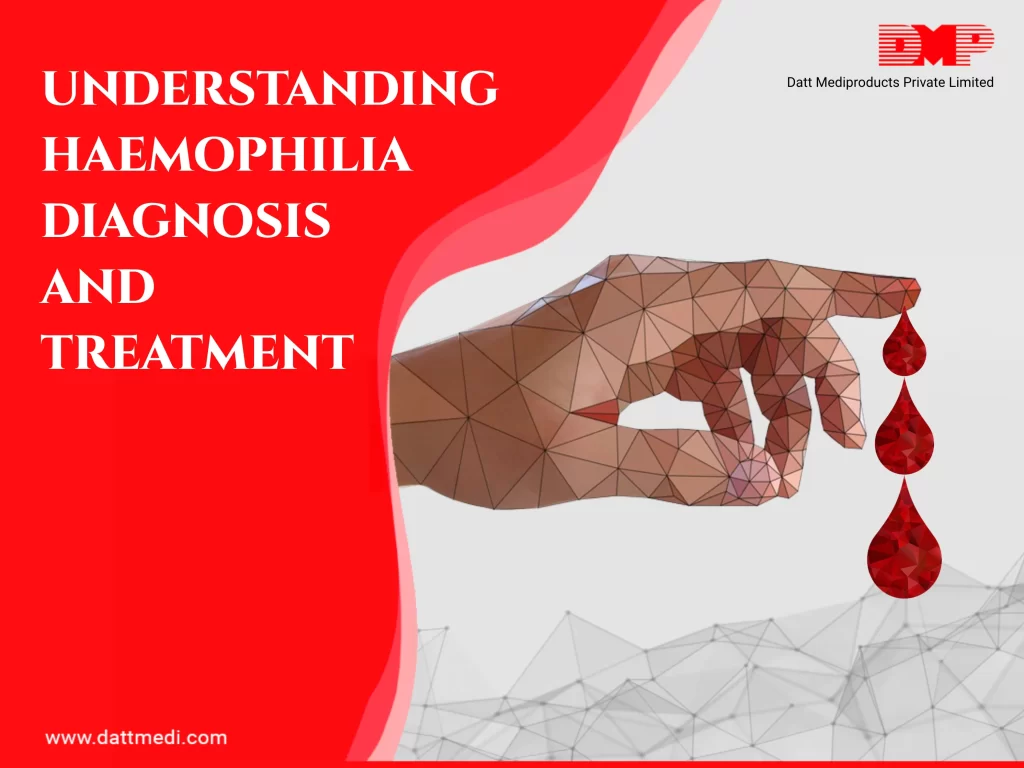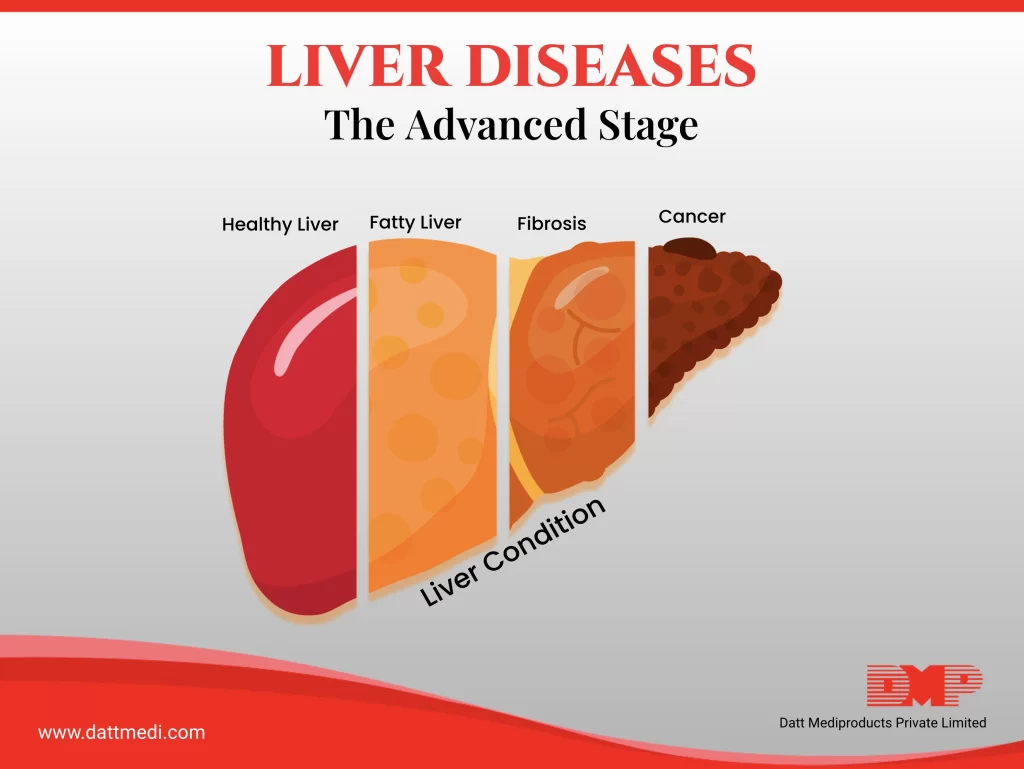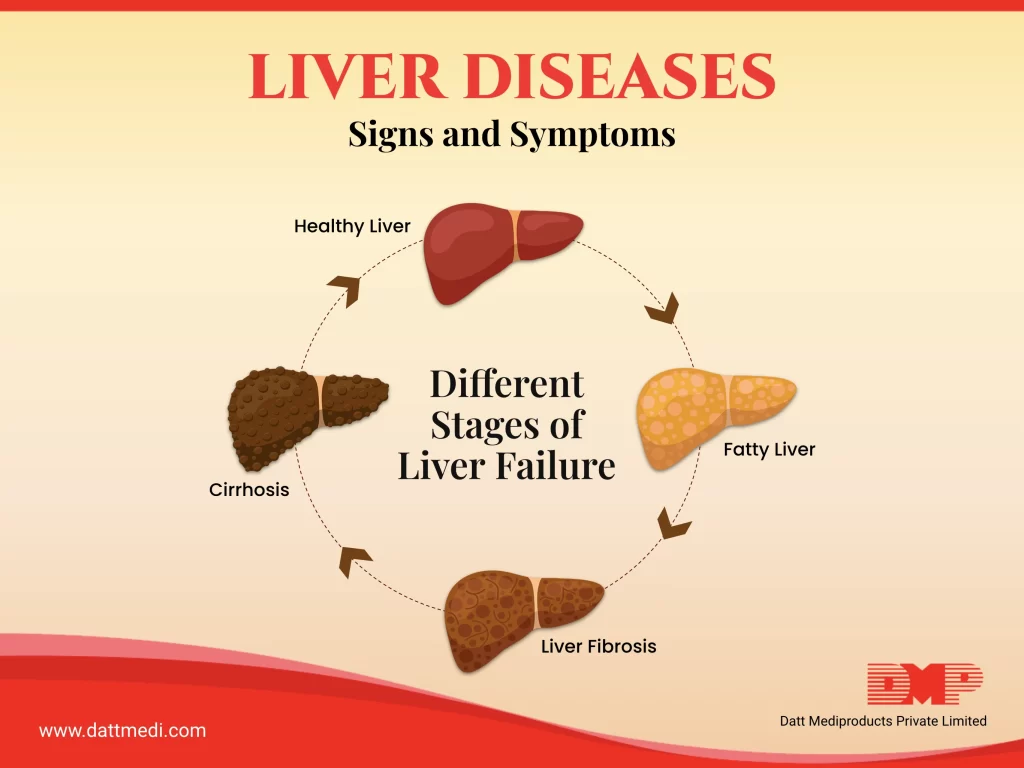
Haemophilia is a group of rare inherited blood disorders in which the blood does not clot properly. In other words, someone with hemophilia may continue to bleed for longer than normal if they are injured or start bleeding for other reasons.
Usually, they are three forms of Haemophilia based on the missing or inadequate clotting factor.
- Haemophilia A
It is the most common form, and it is widely acknowledged as the classic form. It refers to a deficiency or defect in clotting factor VIII, also referred to as FVIII. - Haemophilia B
It is due to a deficiency of factor IX. About 66 percent of factor IX haemophilia is traceable to genetics, and without enough factor IX, the blood cannot clot properly to control bleeding. - Haemophilia C
It is caused by a deficiency in factor XI. It is typically a mild form of the disorder where people do not experience spontaneous bleeding. It has an unpredictable nature which makes it really difficult to be treated or managed.
How does one get this condition?
Haemophilia is a genetic disorder.
Is it curable?
There’s no cure yet, although various therapies have proven effective in managing the symptoms. Also with proper treatment and self-care, most people with haemophilia can maintain an active, productive lifestyle.
April 17 is known as World Haemophilia Day
What are the signs and symptoms?
- Excessive bleeding from injuries
- Many large or deep bruises
- Unusual bleeding after vaccinations
- Pain, swelling or tightness in joints due to internal bleeding
- Blood in urine or stool
- Nosebleeds without a known cause
How can Haemophilia be diagnosed?
For most hemophilic patients the disorder is passed down from the family genes. However, about one-third of cases occur in the absence of it and arise due to a spontaneous mutation in the affected gene.
There are three ways to determine if you are a carrier:
Family tree — If you have a son with haemophilia and have another male relative with the disorder, then you are a carrier. No additional tests are needed.
Clotting factor — If the clotting factor level in your blood is below 50 percent of normal, you are probably a carrier and have mild haemophilia Other tests may be necessary.
DNA test — A DNA test can look for the mutation that caused haemophilia in your son or another relative, and compare it to your DNA.
Moderate and mild haemophilia may not be diagnosed until later in childhood or in some cases even in adulthood. It may not be until a major injury occurs that the deficiency is revealed. The process of diagnosis involves many complex laboratory tests on blood samples and takes several days to complete. The time around diagnosis can be a difficult period for families.
External wounds of haemophilia can be treated easily with the help of a foam based dressing designed for the control of superficial traumatic bleeding and during tooth treatment. These dressings offered by Datt Mediproducts, are unique and the only one of its kind available in the market. For more information, visit www.dattmedi.com




